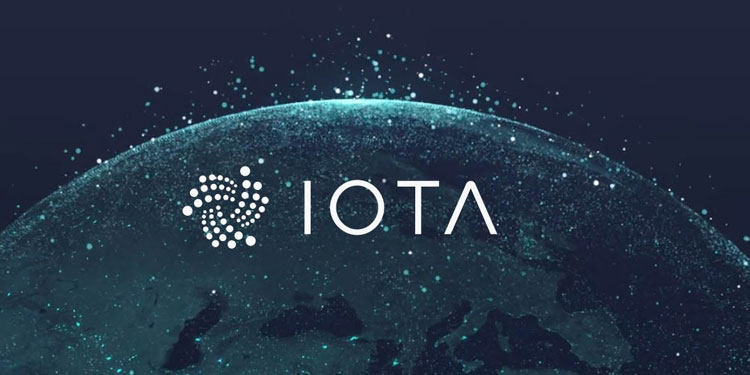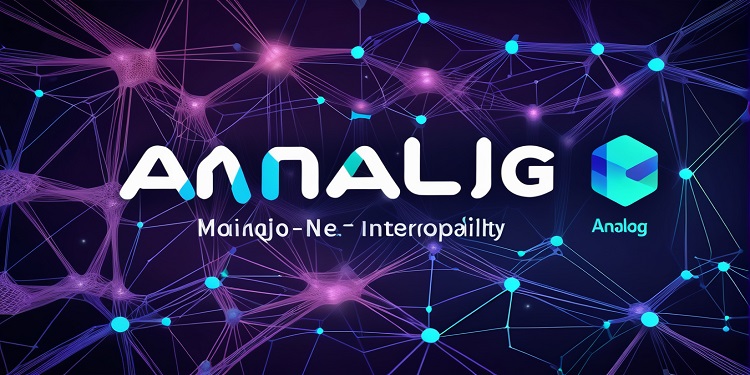 In a significant stride towards enhancing transparency and traceability in the global supply chain industry, the IOTA Foundation and its distributed ledger technology (DLT) have been pivotal contributors. Focusing on East Africa, the Foundation has joined forces with TradeMark East Africa (TMEA) to address challenges in digitizing Kenya’s export process for airliners, flower exporters, and freight forwarders. Additionally, IOTA has partnered with ScyllaDB to bring supply chain digitization to the African continent.
In a significant stride towards enhancing transparency and traceability in the global supply chain industry, the IOTA Foundation and its distributed ledger technology (DLT) have been pivotal contributors. Focusing on East Africa, the Foundation has joined forces with TradeMark East Africa (TMEA) to address challenges in digitizing Kenya’s export process for airliners, flower exporters, and freight forwarders. Additionally, IOTA has partnered with ScyllaDB to bring supply chain digitization to the African continent.
Digitization Efforts Simplify Trade Processes:
In East Africa, TMEA discovered that entrepreneurs faced a burdensome process requiring an average of 200 communications and 96 paper documents for a single transaction. To streamline and expedite trade, the IOTA Foundation and TMEA collaborated on a new system. Utilizing the Tangle, a distributed ledger technology distinct from traditional blockchains, essential trade documents are now stored and shared with customs in destination countries. This innovation has significantly enhanced the export process, rendering African companies more competitive on the global stage.
Addressing Challenges in Supply Chain Digitization:
José Manuel Cantera, Technical Analyst & Project Lead at the IOTA Foundation, shed light on the technological perspective adopted to address supply chain digitization challenges. The three primary challenges include verifying the identities of multiple actors and systems involved in the supply chain, managing diverse relationships across borders without a central anchor, and addressing various functional needs related to trust, traceability, compliance, and product authenticity.
IOTA’s Technological Solutions:
Cantera highlighted the multi-layer complexities inherent in cross-border trades, encompassing financial procedures, trade procedures, regulatory procedures, transportation procedures, and more. To optimize these processes, the IOTA Foundation facilitates seamless document sharing and verification among different actors, government agencies, and private traders involved in cross-border transactions. Consequently, when a consignment moves between East Africa and Europe, all related trade certificates and documents can be verified in one shot, ensuring authenticity and provenance while improving the agility, efficiency, and effectiveness of trade processes.
Enhancing Traceability with Scalable Data Solutions:
In addition to sharing and verifying documents, tracing the origin of trade items is crucial in supply chain digitization. Traceability entails tracking the history of specific trade items, including their transportation and origin. Claims regarding the sustainability or safety of trade items must be substantiated and verified. To address this, the IOTA Foundation employs core technologies such as data interoperability, scalable data stores, and scalable, permissionless feeless distributed ledger technology. The partnership with ScyllaDB plays a vital role in ensuring the traceability of scalable data.
Is it possible to track every trade item in the global supply chain? This is becoming a reality thanks to @iota and @TradeMarkAfrica. José Manuel Cantera explains the technology behind this initiative. https://t.co/sF2rb49kZK#ScyllaDB #supplychain #NoSQL
— ScyllaDB (@ScyllaDB) July 28, 2023
ScyllaDB’s Advantages in Supply Chain Management:
With the objective of tracking every item in the supply chain, substantial data storage is essential. This poses a big data problem, which ScyllaDB effectively tackles. The partnership enables easy data scalability and long-term data retention at a fine granularity level. Combining the best of both NoSQL and SQL worlds, the collaboration allows for robust data schemas, ensuring the reliability and trustworthiness of the data.
Promising Future for Decentralized Supply Chains:
The IOTA Foundation’s efforts in revolutionizing the supply chain industry in East Africa showcase the potential of decentralized solutions in enhancing transparency, traceability, and efficiency. As the collaboration between the IOTA Foundation and its partners continues to evolve, it is evident that decentralized technologies have the power to reshape the global supply chain landscape, empowering businesses and promoting sustainable trade practices.








